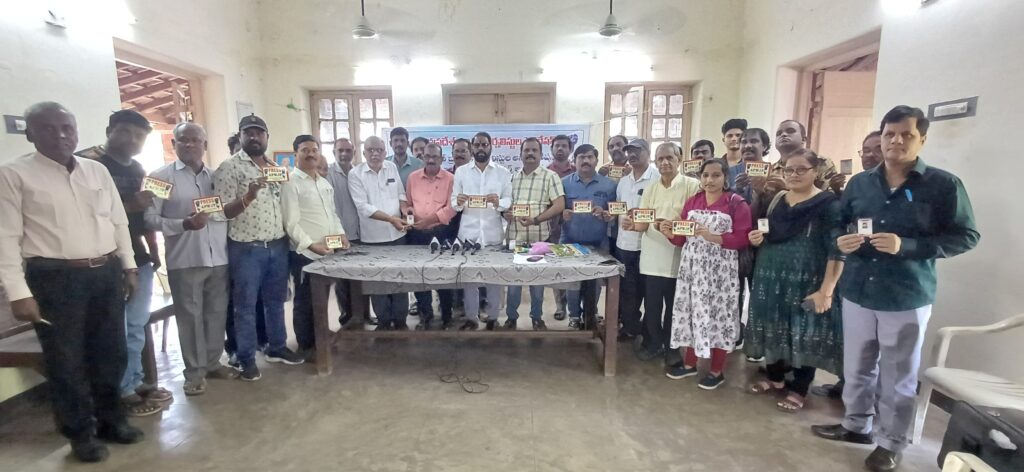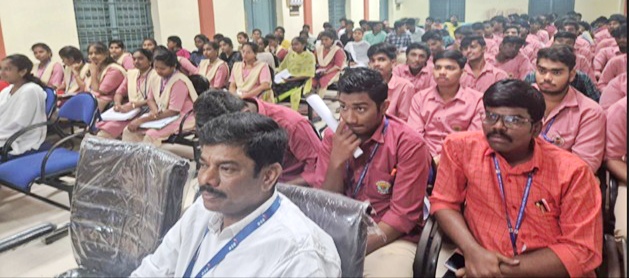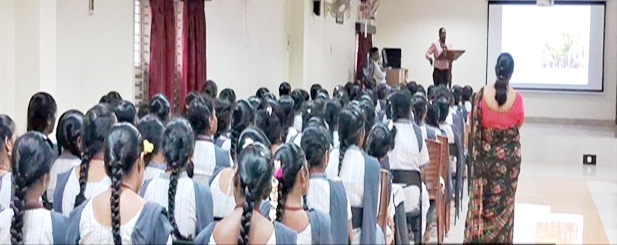The Hon’ble Minister raised several issues faced by the traders and the consumers during the implementation of GST for the past three months.
The most important of these issues is that the benefit of exemptions or reductions in tax rates or Input Tax Credit benefit on certain goods and services under GST is not being passed on to the consumers. It is therefore imperative that a price control mechanism to be formulated by the Central Government urgently.
The small traders are burdened with filing returns with invoice level details every month which increased compliance burden and also causing additional expenditure. Therefore, the Hon’ble Minster supported the proposal of the Council that the small dealers with annual turnover upto Rs 1 Crore should be allowed to opt for composition scheme. This has been approved by the Council. Hon’ble Minister also supported the proposal that tax on composition dealers can be limited to turnover of taxable goods only similar to VAT regime instead of payment of tax on the entire turnover including exemption turnover. This was referred to the Committee constituted by the Council for examination. He also supported the view that tax payers with turnovers between Rs 1 Crore and 1.50 Crore, should be allowed to file returns once in three months. He also supported the proposal that the levy of tax on reverse charge when purchased from un registered suppliers should be reexamined by the Committee constituted by the Council to ease the compliance burden.
The Hon’ble Minister also reiterated the requests for exemption from GST the commodities viz Dried Tamarind, Fried grams,Dry fish, Fishnets,Cotton Hank Yarn, Natu Tobacco Cherroot, Goods sold by Girijan Corporation etc and reduction of tax on Bio Diesel, Hybrid Cars, Tractors, Granite Slabs and Napa Tiles.
The most important of these issues is that the benefit of exemptions or reductions in tax rates or Input Tax Credit benefit on certain goods and services under GST is not being passed on to the consumers. It is therefore imperative that a price control mechanism to be formulated by the Central Government urgently.
The small traders are burdened with filing returns with invoice level details every month which increased compliance burden and also causing additional expenditure. Therefore, the Hon’ble Minster supported the proposal of the Council that the small dealers with annual turnover upto Rs 1 Crore should be allowed to opt for composition scheme. This has been approved by the Council. Hon’ble Minister also supported the proposal that tax on composition dealers can be limited to turnover of taxable goods only similar to VAT regime instead of payment of tax on the entire turnover including exemption turnover. This was referred to the Committee constituted by the Council for examination. He also supported the view that tax payers with turnovers between Rs 1 Crore and 1.50 Crore, should be allowed to file returns once in three months. He also supported the proposal that the levy of tax on reverse charge when purchased from un registered suppliers should be reexamined by the Committee constituted by the Council to ease the compliance burden.
The Hon’ble Minister also reiterated the requests for exemption from GST the commodities viz Dried Tamarind, Fried grams,Dry fish, Fishnets,Cotton Hank Yarn, Natu Tobacco Cherroot, Goods sold by Girijan Corporation etc and reduction of tax on Bio Diesel, Hybrid Cars, Tractors, Granite Slabs and Napa Tiles.
With regard to GST compensation, the Government of India has disbursed compensation for the bi-monthly period of July and August 2017 in the last week of September 2017 to the states. The compensation received by the state of Andhra Pradesh did not match with the estimation made by the state. While the State Government estimated that it would get Rs 176 Crores, the Government of India distributed only Rs 116 Crores. The Government of India is requested to rework Compensation with correct revenue figures submitted by the state.




















